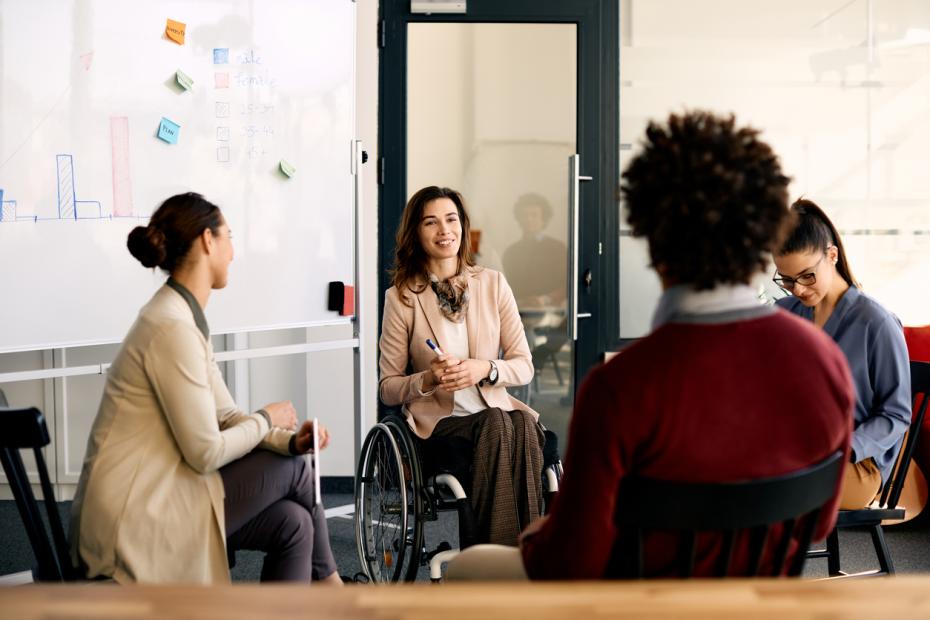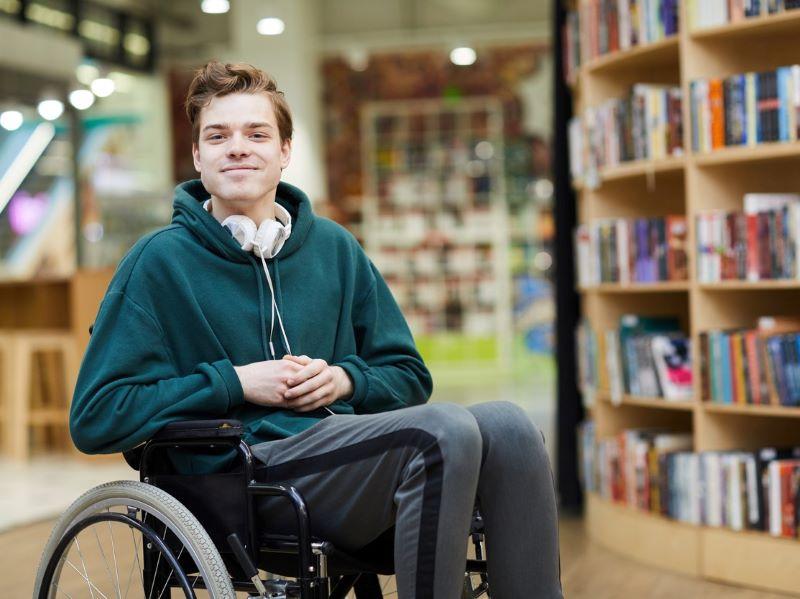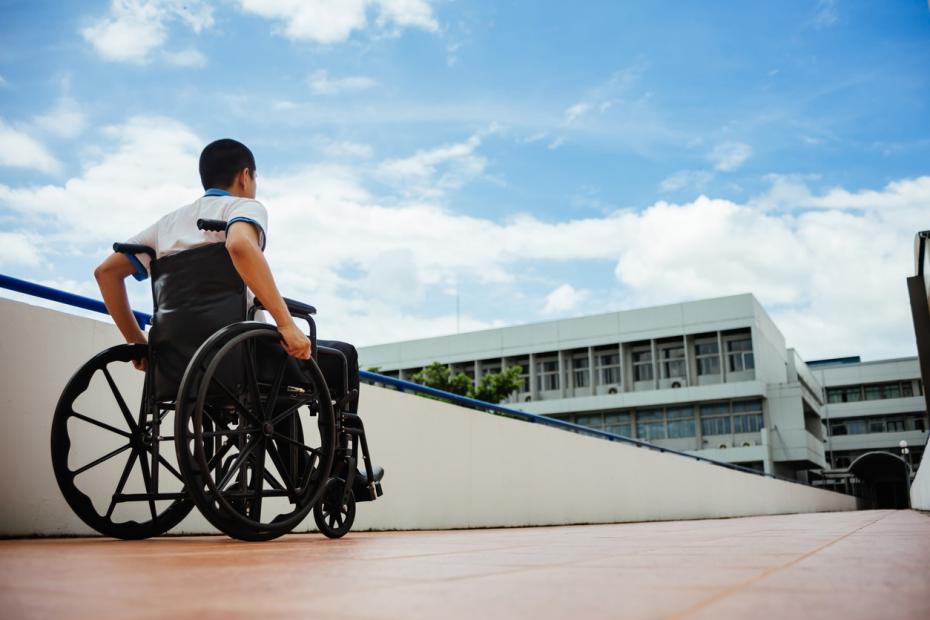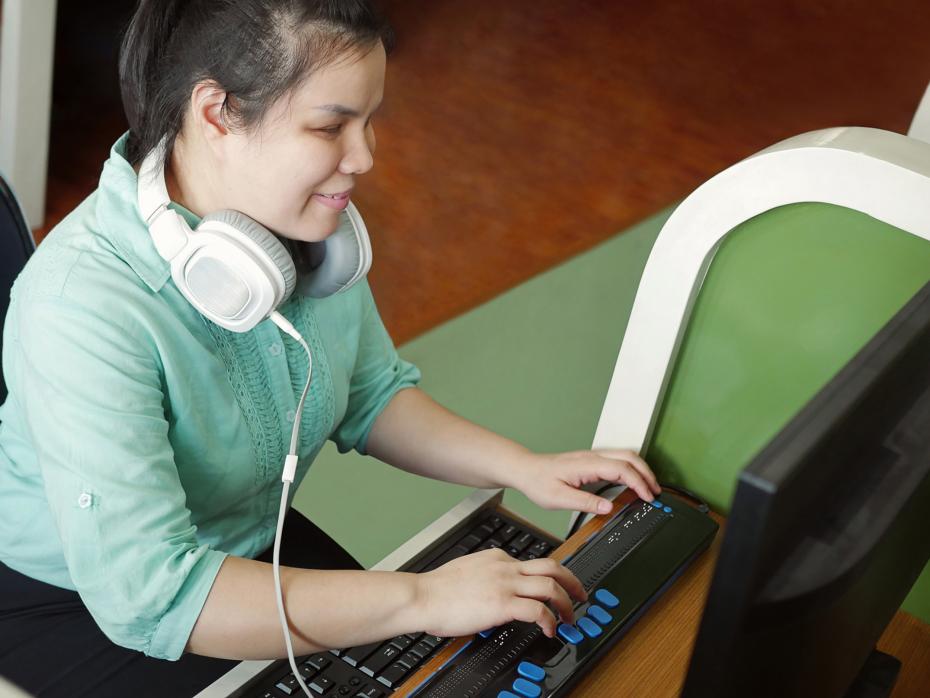
Listening, learning and responding to disabled students
Lessons from a group of disabled postgraduate researchers on steps that every university and tutor can take to better support disabled students
You may also like
Popular resources
As a professor and a postgraduate researcher with disabilities, both visible and invisible, we know first-hand the challenges this can pose day-to-day for those working or studying within universities. The University of Manchester has inclusivity at the heart of its equity, diversity and inclusion (EDI) strategy and we are working hard to support the student experience. Here we discuss the lived experiences of a self-formed group of postgraduate research students with disabilities, a student-led initiative that is working with the EDI disability academic lead and through the disabilities staff network to address how we can improve student support. We hope this can inform other disability initiatives at the university and across the higher education sector.
Studying for a degree, or even more so a PhD, can be an isolating experience but adding disability to that can make it a thousand times harder. Students at all stages, from undergraduate to postgraduate, with physical or hidden disabilities, social anxieties or neurodiversity may find it more difficult to take part in activities such as seminars and social events. This can result in individuals feeling very lonely.
Therefore, it is important that disabled students can find supportive communities and groups within which they feel welcome and supported. It helps to connect with other disabled students who face similar challenges. This breaks down feelings of isolation which can quickly take over.
- I’m a disabled student – this is what I worry about when applying to your university
- 10 ways universities can reject ableism
- A checklist for making disability inclusion a reality in higher education
A group of disabled postgraduate researchers collaborated to set up a research group which has since turned into a support and activism group. Everyone was so relieved to find other postgrads who understood their experiences. They could let out all their pent-up frustrations and anxieties in a safe space where they felt heard and understood.
Universities must create clear channels for disabled students to share ideas about what works and how they can be better supported. The main issue reported by this group of disabled students is a lack of compassion and understanding regarding the very real challenges they face every day. Staff need to be made aware of how much extra work goes into a student managing a disability.
Shared by our disabled postgraduate researchers’ group, here are a number of steps that every university and tutor should take to better support disabled students:
- Make sure students know about their university’s Disability Advisory Support Services (DASS) and what they offer. We’ve had members panicking about their access needs during their viva because they were unaware that this was something DASS could help with.
- Encourage staff to get into the habit of rereading their students’ DASS reports either monthly or before each meeting with the student. It’s only human to forget things, so if you get into this habit it will sink in more.
- In meetings with DASS registered students ask how they’re doing outside of their work before you start discussing work progress and outputs.
- Give students Radar keys to the bathrooms and install proper soundproofed quiet rooms.
- Remember that not all students are physically capable of making it on to campus and give them the option of attending seminars and lectures online where possible.
- Ensure professional services and academic staff undergo compulsory lived experience disability training.
- Make sure students know about relevant support groups and communities, such as the postgraduate researcher disabled support group or the undergraduate disabled society.
- Consider accessibility when planning classes, seminars or social events. A lot of disabled students can’t make it on to campus, which means they are unable to take part in many of the activities that facilitate networking, collaboration and simply making friends. Where possible offer online options for attendance or recordings to at least watch and learn at home.
In addition to all the basic steps above, all institutions should be working proactively to raise the voices and visibility of all disabled staff and students. In the case of disabled students, institutions need to gather insight on their lived experiences in order to identify key areas of concern. This could be done in a number of ways, such as hosting open forums for disabled students on Zoom or sending out an anonymous survey.
The option of anonymity is key here because, sadly, our experience showed that some of the disabled students in the group felt a reduced sense of trust in the university. This is something any institution needs to work through as it could slow progress in making necessary improvements. A lot of our working group members were reluctant to raise accessibility issues as they didn’t want to be seen as “problem” students. Disabled postgraduates have felt comfortable sharing in our group as it’s a peer group created outside the university management structure.
Institutions need to examine the data (qualitative and quantitative) and consider how many staff and students stand to gain from more inclusive teaching, learning and research. We want to avoid neurodiverse and socially anxious members leaving lectures and workshops because there is an aspect of forced socialisation. Not everything can be online, but we can continue to apply and build upon some of the teaching techniques and student support channels developed during the pandemic. Hybrid experiences can be some of the most inclusive, if we embrace them.
Jackie Carter is academic lead for EDI Disability at the University of Manchester and Laura Howard is a postgraduate research student and co-lead of the Staff Disability Network. Jackie has invisible disabilities as result of having had breast cancer and Ramsay Hunt Syndrome which has left her with cognitive and neurological impairments and deafness. Laura has chronic pain, mobility limitations, and difficulty with memory and comprehension due to a brain injury.
If you found this interesting and want advice and insight from academics and university staff delivered direct to your inbox each week, sign up for the Campus newsletter.




